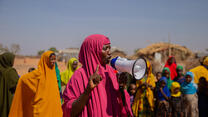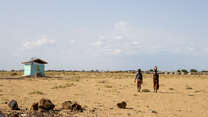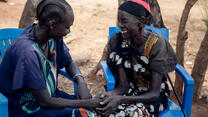As part of the USAID-funded Safe at Home program, IRC conducted a scoping study on the experiences and needs of LGBTQI people in humanitarian settings. Interviews with 35 representatives from LGBTQI-led and -serving organizations, researchers, and activists revealed that the humanitarian sector is falling short of our mandate to provide safe, respectful, and affirming services to survivors of conflict and displacement who are LGBTQI. IRC gathered suggestions on how humanitarian actors can ethically and equitably conduct research on the issues facing LGBTQI people in conflict and humanitarian settings to increase learning and thereby improve programming to better support LGBTQI people across diverse contexts.
This report presents recommendations from key informants for how international humanitarian agencies can transform themselves to better learn about and support the needs of LGBTQI people affected by conflict and displacement. Recommendations span three major areas where humanitarian agencies can address to improve learning and programming: equitable partnerships with LGBTQI-led and -serving organizations; participatory and co-creation in research which prioritizes LGBTQI voice, safety, and priorities; and internal organizational change to support the rights of LGBTQI staff.



